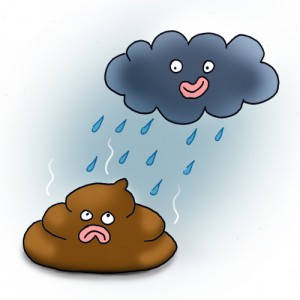
An ultracrepidarian is somebody who gives opinions on matters beyond their ken, one who expounds outside the bounds of their expertise, a spoofer, a mouth, an uninformed know it all.
The word has a classical and pedestrian pedigree. From Ultra, Latin (going beyond) + Latin Crepidam derived from the Greek Krepis (shoe). Literally, ultracrepidarian means going beyond the shoe.
The term comes from a comment from a fourth century Greek painter Apelles to a shoemaker who presumed to criticise his painting. The would-be critic pointed out that a pair of sandals were incorrectly represented and emboldened by his new found status as an art critic, went on to expound on other deficiencies in the painting. Apelles’ response? “Sutor, ne ultra crepidam” i.e. a shoemaker ought not to pass judgment on matters beyond the soles.
The phrase was taken up by essayist William Hazlitt in 1819, when he referred to William Gifford, the editor of the Quarterly Review, as an Ultra-Crepidarian critic. Poor old Gifford got it in the neck again in 1823, when Hazlitt’s crony Leigh Hunt wrote Ultra-Crepidarius: a Satire about William Gifford.
The ugly mouth opened and out gushed a frenzy of words infused with bile, anger, animosity, small minded views, half-formed vituperation, ultracrepidarian critiques, misogyny, misanthropy and misery.









